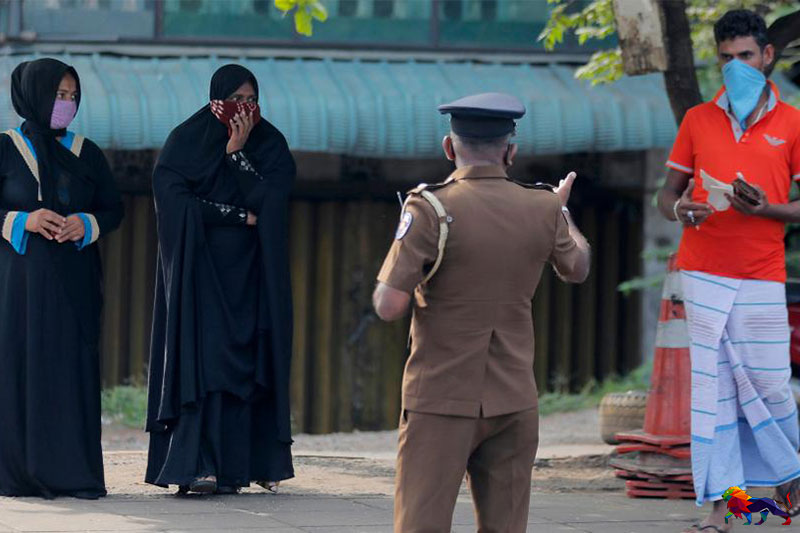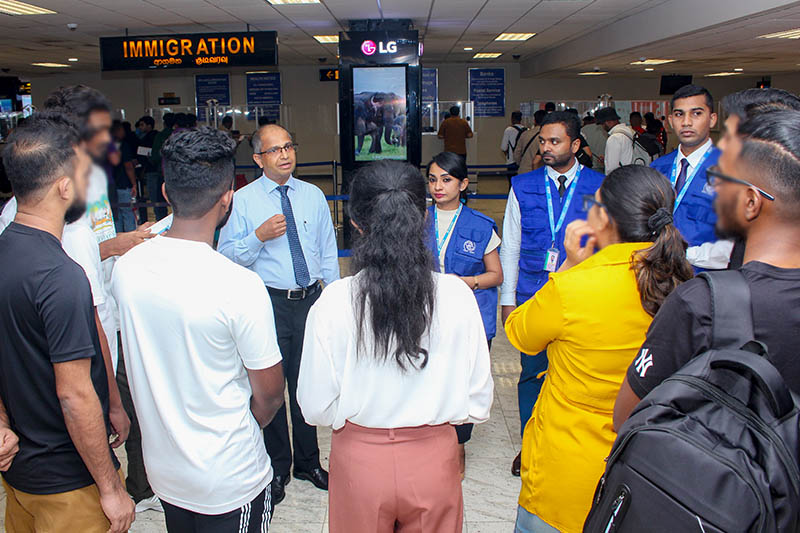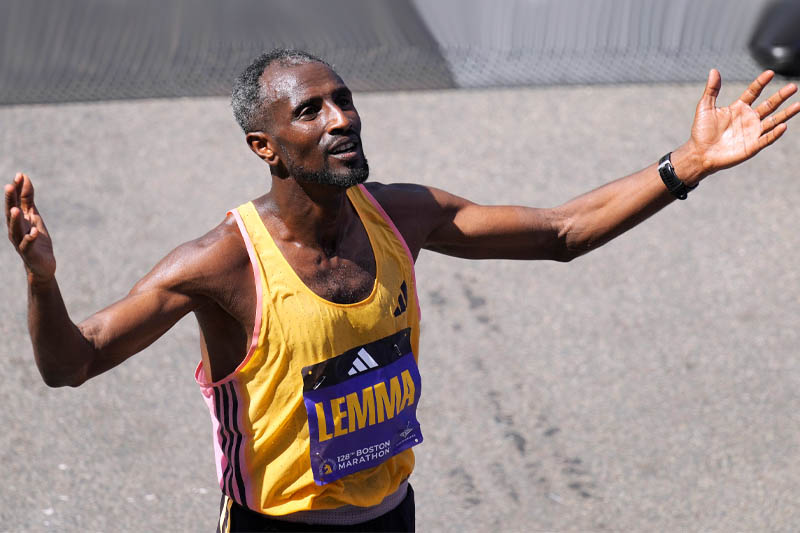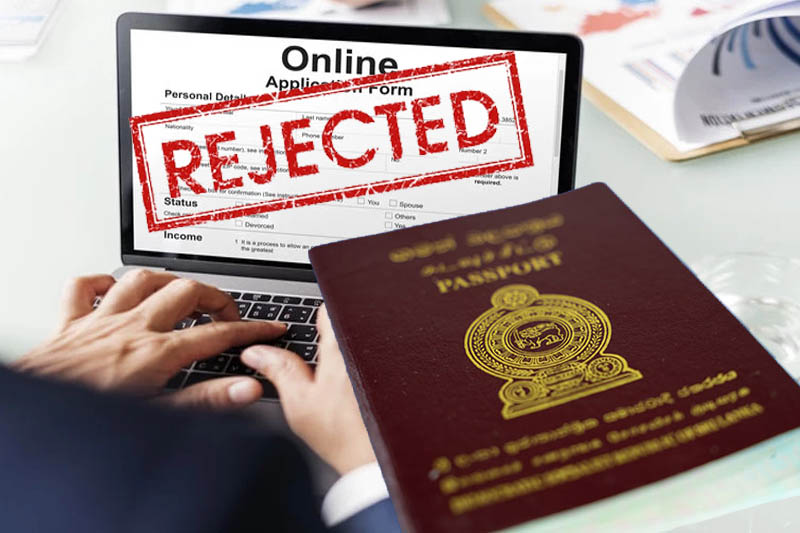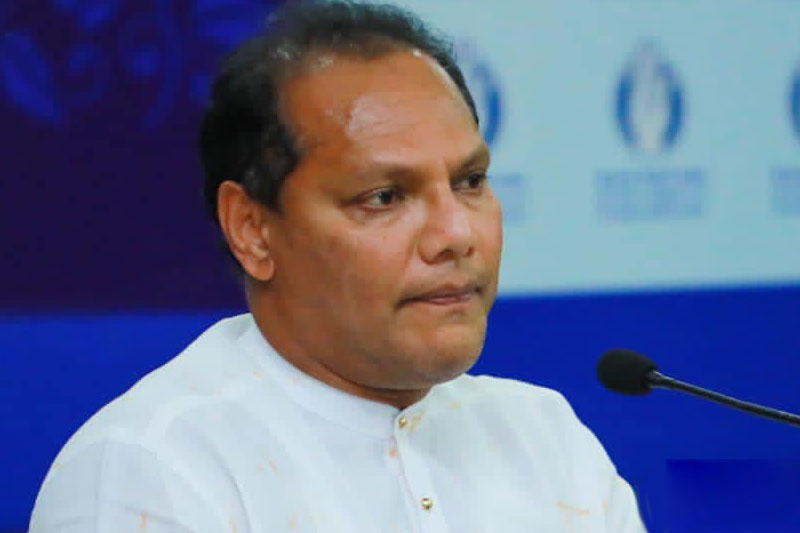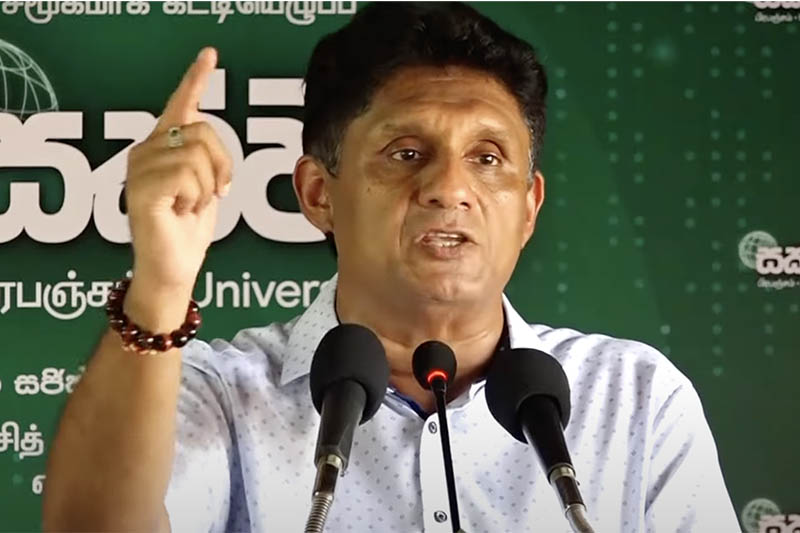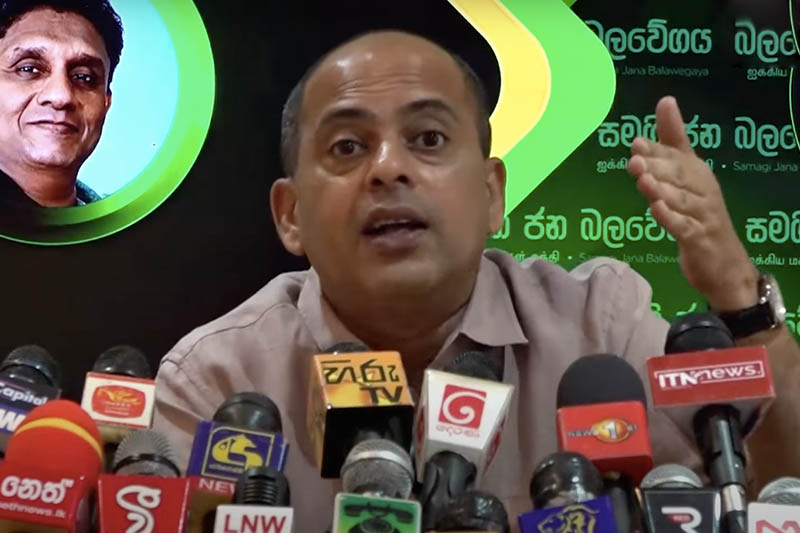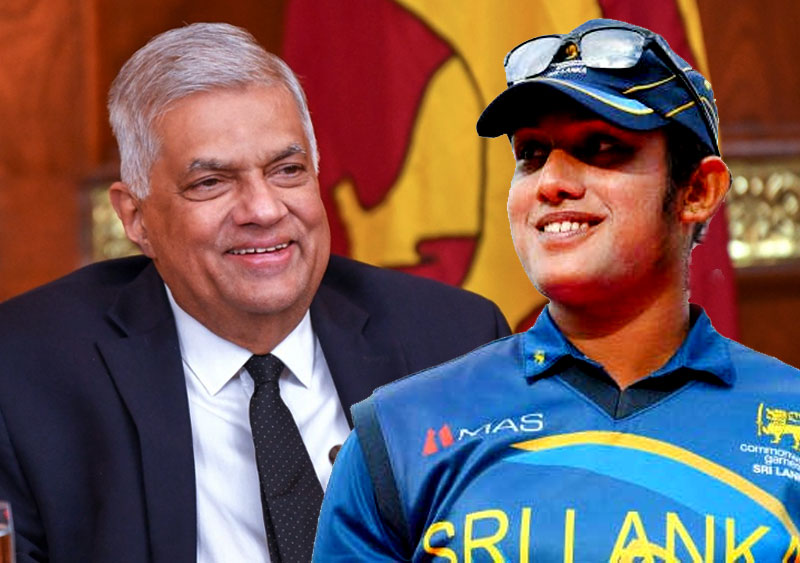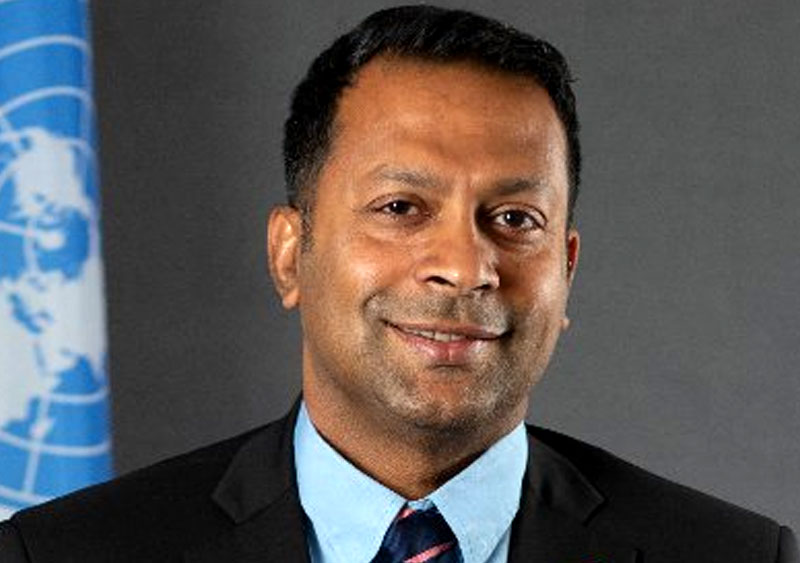But this meme has now gained popularity in the Sri Lankan context, where Muslims are at the butt end of compulsory state-sanctioned cremations - a discriminatory act in violation of their faith.
Didn’t Islamophobes in the United States once rudely quip 'the only good Muslim is a dead Muslim?'. In Sri Lanka, even a dead Muslim is not being afforded a dignified send-off as per the dictates of his faith.
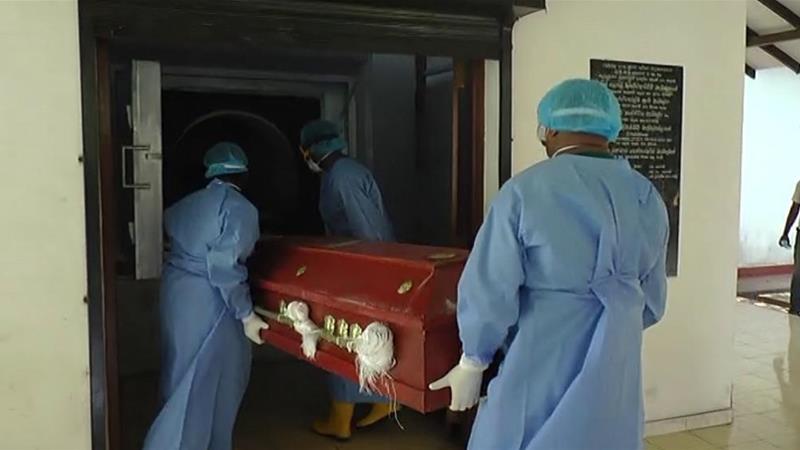
Who will take responsibility for this tragic and wilful negligence? Who can transform her ashes to flesh and bones, so that her remains be buried whole in dignity, and not in an urn?
These are all questions that will go unanswered, as this was not an isolated incident and may not be the last either, given Sri Lanka’s dubious past.
She was incidentally the fourth Muslim to be cremated while the cremation of another, on a false pretext of being Covid-19 positive, was thankfully averted in Weligama in the deep south - due to the timely intervention of the Chair of the Urban Council of the area, a politician opposed to such discrimination.
These latest episodes of institutionalised racism, have caused anguish and agony among minority communities, already licking the wounds of demonisation since the ethnic war ended in 2009.
Why cremation?
At first glance, Sri Lankan authorities insisting that the bodies of all Covid-19 victims be cremated, no matter their religion, might seem fair.
However, upon closer inspection it is patently clear that the decision to enforce cremations on Muslims were taken on arbitrary grounds sans any scientific evidence, contrary to WHO guidelines, and its motivations must be questioned.
It is highly inappropriate that the government should adopt this type of divisive approach, at a time when national unity to fight this pandemic is the need of the hour, and also when Dr Jasinghe, the country’s Director General of Health was recently appointed as the Vice Chair of the WHO.
WHO recommendations on dealing with bodies to prevent the spread of disease has upended important funeral and death rituals among virtually all of the world's faiths.
Accordingly, Muslims too gave up two of the collective obligations (farḍ kifāyah) - the ritual washing and shrouding of the body based on scientific advice.
At first, the Sri Lankan health authorities cited ground water contamination as the reason for denying burial rights. However, in light of clear evidence to the contrary, they retracted that.
With no leg to stand on scientifically, the authorities begun to concoct conspiracy theories to justify the ‘cremation only’ policy.
Dr Channa Perera, Consultant Forensic Pathologist "attached to Sri Lanka's Ministry of Health" told the BBC World Service: "the government has nothing against Muslims but they have a small fear about whether the virus can be used for unauthorised activities. Maybe an unwanted person could get access to a body and it could be used a biological weapon."
This was an unnecessarily anti-Muslim statement that creates unwarranted divisiveness when the need to fight this pandemic together is more urgent than ever.
Thankfully, this blatant onslaught on Muslim dignity has not escaped the wrath of many reasonable voices - both local and overseas.
Already, there have been calls from several UN Special Rapporteurs as well as human rights watchdogs like Amnesty International pleading with the government to review and rescind this unfair decision. So far they have gone ignored.
The leader of the opposition in Sri Lanka, Sajith Premadasa, stated “the prevalence of racist acts perpetrated against our Muslim brethren is abhorrent and should be confronted by all” and has called for an end to "discriminatory, prejudicial manner in conducting last rites."
Even a senior lawyer and Tamil politician Sumanthiran and a (mostly non-Muslim) legal team have come forward free of charge, to fight a fundamental rights case in the Supreme Court of Sri Lanka
History's wounds
Since decolonisation in 1948, there has been legal, political and economic discrimination of both minorities - Tamils and Muslims, including racist violence against them, making Sri Lanka a tinder box of sectarian and ethnic tensions.
In fact, in the backdrop of the country’s pogrom-filled history, and in the context of a difficult transition from war to peace in 2009, the resurgence of ethno-nationalism and identity politics produced fresh tensions and fault lines.
Islamophobia has already fostered an environment leading to violent attacks on the Muslims with impunity.
Anti-Muslim hate has been on the rise, and came to the forefront of Sri Lankan politics after a series of suicide attacks on Easter Sunday in 2019 by a fringe radical Muslim group. This unfortunate incident worked as a game-changer for Muslims in Sri Lanka.
The well-orchestrated yet subtle Islamophobia machinery began to work overtime vindicating anti-Muslim bigotry, which continues to date.
Amidst the pandemic, we are seeing the same machinery do its work again.
It was Mahatma Ghandi who said, “a nation’s greatness is measured by how it treats its weakest members.” As Sri Lanka stands in its own shadow, President Gotabaya’s government should reflect on the harm that racism has been causing the island and its many peoples.
If the nation is to learn from history, and forge ahead, not only the government must combat impunity but it also must respect the legitimate concerns of the people, irrespective of racial or religious differences.

